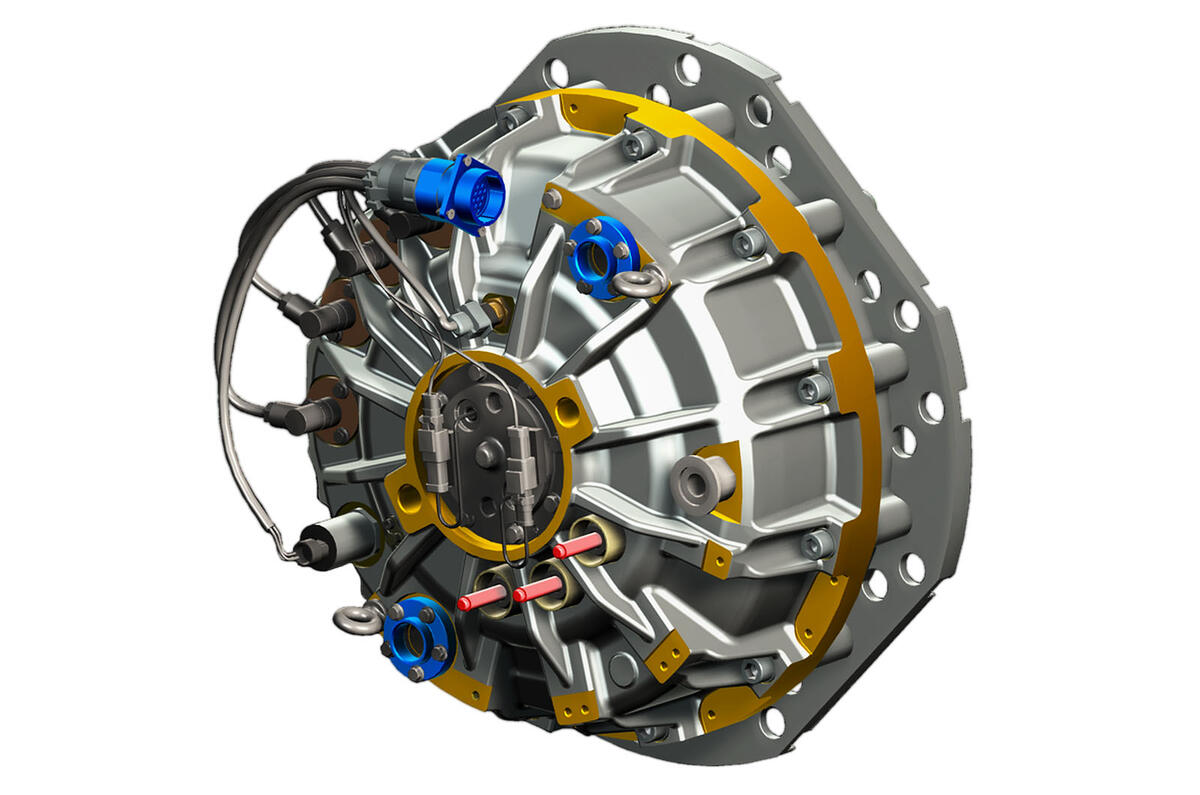By the end of next year, 500 buses in London could be using an electromechanical hybrid system originally developed by the Williams Formula 1 team.
Using a composite flywheel to store energy from the brakes and feed it back to an electric motor, it offers a simpler, cheaper and more durable solution than storing the energy in batteries.
The flywheel hybrid system is the first step in a planned revolution in the way buses are designed in a bid to reduce both pollution and noise.
It was first developed by Williams with an F1 application in mind, but the system instead ended up in sports cars competing in the World Endurance Championship.
The advantage of a flywheel system is that it is light, compact and efficient, but the disadvantage is that it can only store energy for short periods. It is suited to racing where cars are continually either accelerating or braking but is of limited use in a road car where there is more long-distance running.
It is, however, ideally suited to an urban bus, which is generally either accelerating or braking and whose substantial mass means a large amount of kinetic energyis produced.
Engineering firm GKN now wants to develop the tech further by mating it to a small diesel engine running continuously as a generator, with most of the energy powering the bus coming from the flywheel itself.
This could cut bus pollution by as much as 50-75%, because diesels are dirtiest when slowing down or speeding up. Running the engine at a constant 1500rpm or so should also make buses quieter.
The flywheel also has significant running cost advantages, as it will mean a smaller engine is needed and no gearbox is required, so the system is tipped to pay for itself within two years.
It would even be possible to fit the powertrain with a small battery pack for short zero-emissions hops - for driving the length of London’s Oxford Street, for example.
Read more:
Williams - how we're bringing F1 tech to the road
Get the latest car news, reviews and galleries from Autocar direct to your inbox every week. Enter your email address below:




Join the debate
Add your comment
"By the end of next year" sounds a tad optimistic
Transport for London are
Norma Smellons wrote
Based on performances so far this year, it's a good thing they are not going with Mclaren.
Only taken 25 years